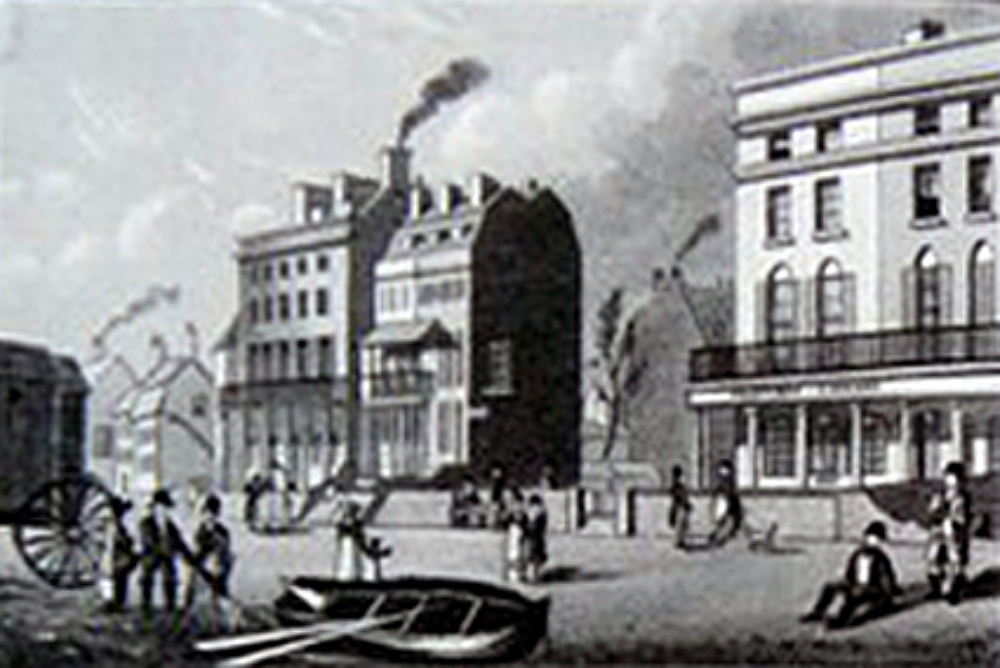Susan Priest – her life spanned five monarchs
THE remarkable thing about Mrs Susan Priest was that her life spanned the reigns of five monarchs – George III, George IV, William IV, Queen Victoria and Edward VII. Which meant she enjoyed (or endured) most of the changes that were wrought in Worthing during the 19th century.

Mrs Priest’s maiden name was Streeter and she was a member of an old Broadwater family, though she lived most of her married life in High Street, Tarring.
Her longevity and remarkably retentive memory enabled Mrs Priest to give friends and neighbours in 1901 a unique perspective on life in Worthing back to 1810, when the so-called “mad” King George III was on the throne.
George III was the father of Princess Amelia, who came to Worthing to convalesce, theoretically after an illness but most likely to recover from the secret birth of her illegitimate baby son in Ireland. Mrs Priest was still very young at the time, but recalled about George III, “There was a wonderful deal of talk about him.”
Of the accession of his son as George IV (the former Prince of Wales, who built the Royal Pavilion at Brighton) she remembered how in 1820, at the age of 13, she went to a celebratory open-air dinner given to local schoolchildren in Steyne Gardens, Worthing, where all the young guests had to take their own knives and forks!
Mrs Priest was staying in London when Queen Victoria’s father, the Duke of Kent, died. She watched the funeral. It was before trains but Mrs Priest recalled that the streets were so crowded with people that she was “carried along off the ground for a long way”. Without her husband for protection, she was convinced she would “probably never have got through it”.
When Mrs Priest first saw the young Queen Victoria, “she looked like a country girl and was very plainly dressed in black and stood up in her carriage and spoke”.
She greatly admired the Queen’s consort, Prince Albert, for being “very gentlemanly looking”.
“One of the greatest blessings in daily life in those days were the increased facilities for learning and reading provided by improved printing. But the Penny Postage was probably the greatest boon. Until then, many people could not hear from their friends through want of money to pay for the postage. In those days, the schooling was very bad and parents could scarcely get anyone to teach the children. There were very few free schools and the first one in Worthing was not founded until two years after I began working.”
Mrs Priest had an interesting philosophy. “I believe children of today (she said in 1901) are taught more than they can do, while the children of former days were trained to be more careful than they are now.”